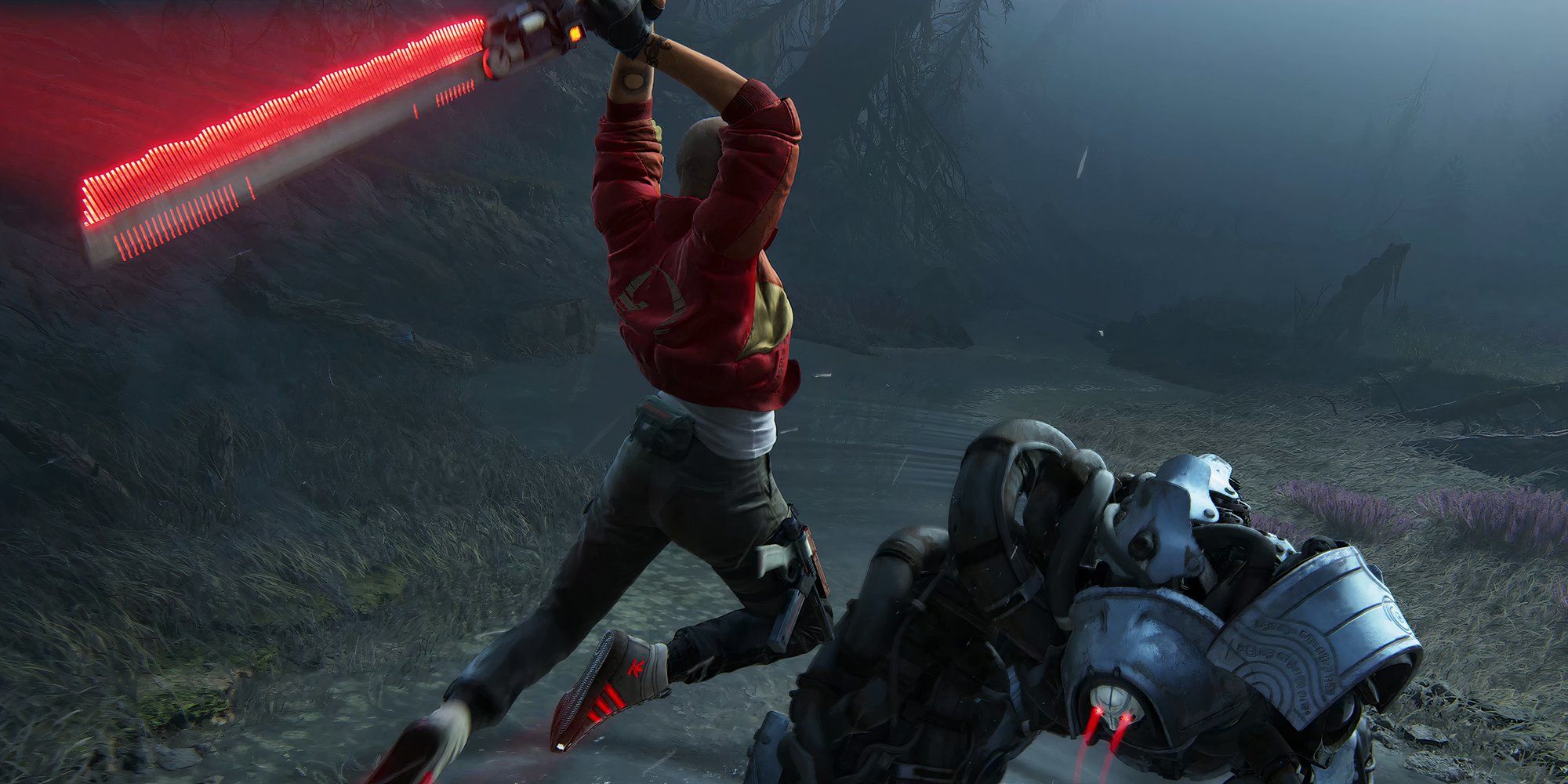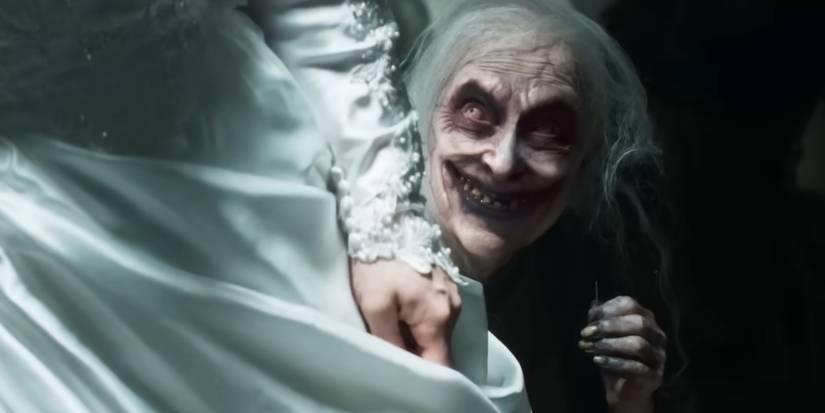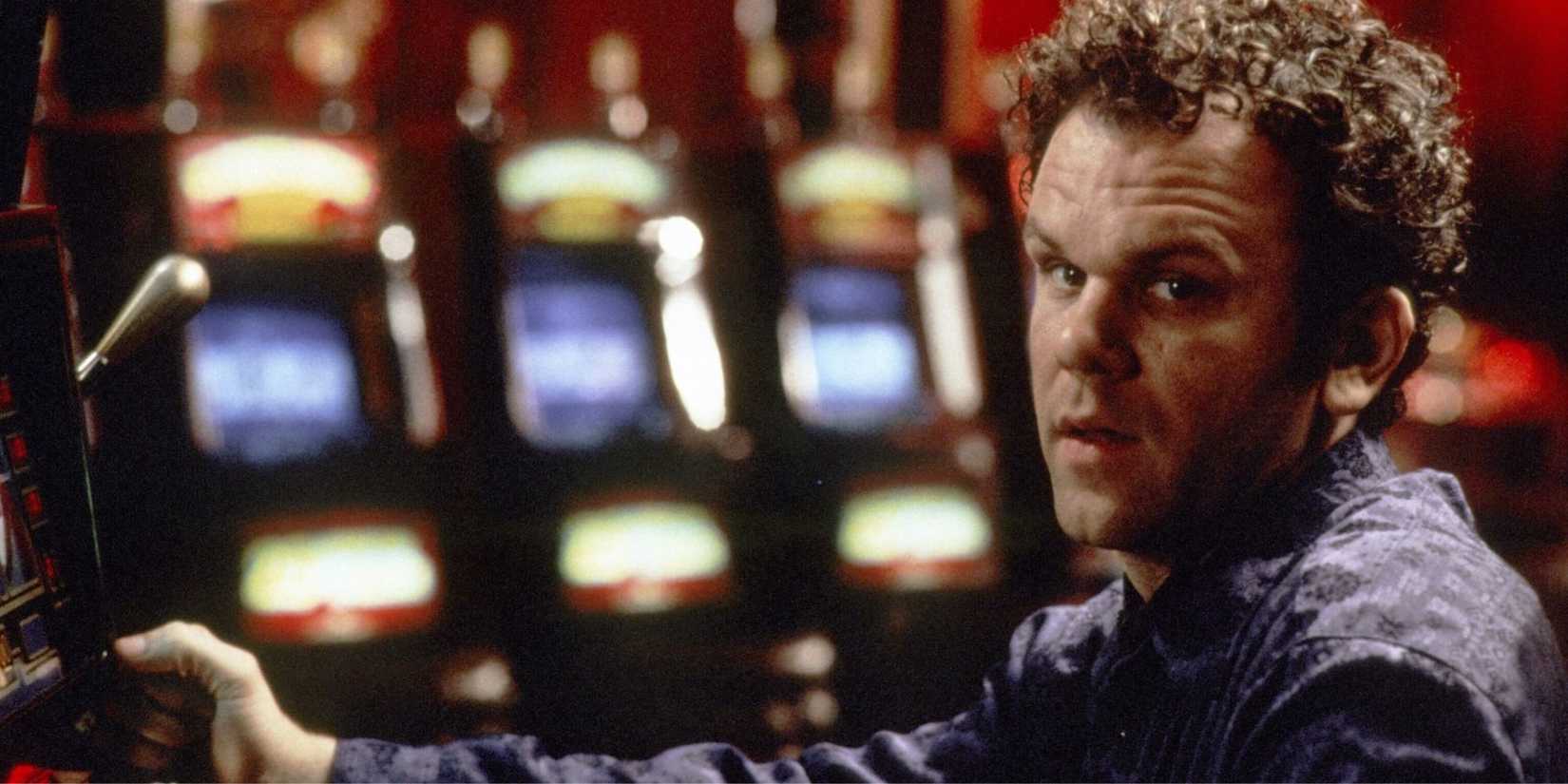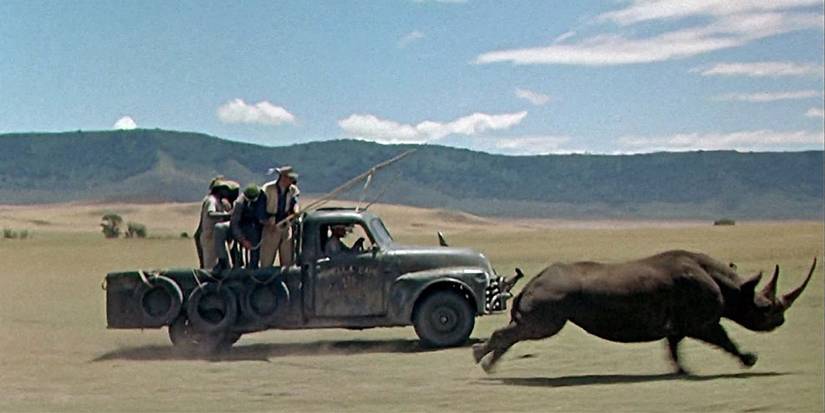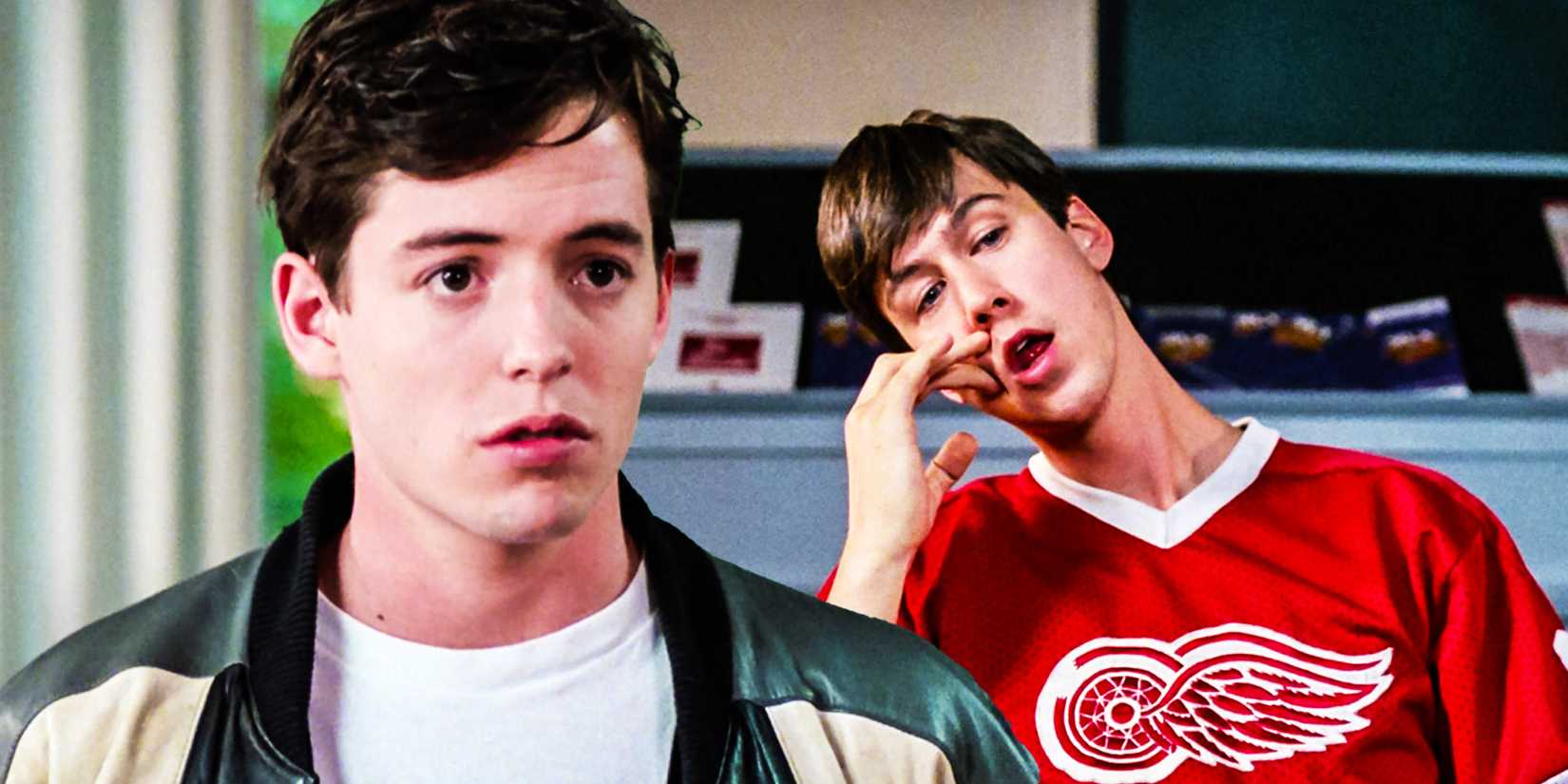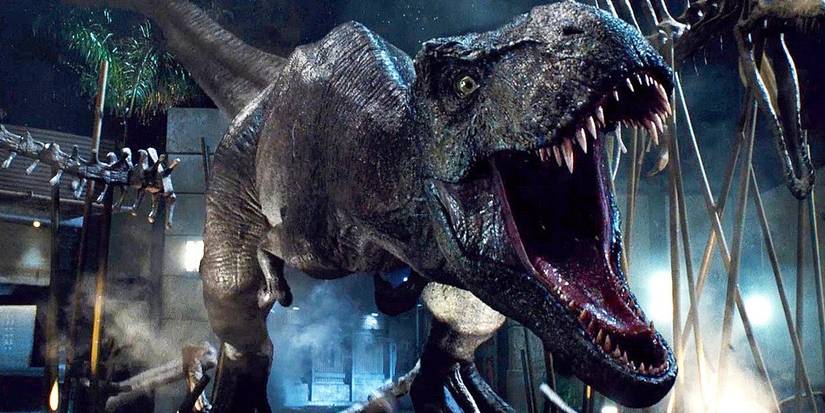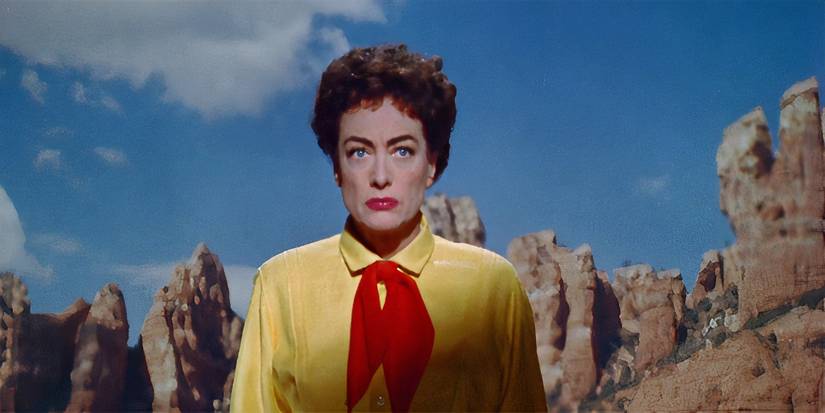Trent Reznor and Atticus Ross have composed scores for some of my favorite films and television shows over the past 15 years. The Nine Inch Nails musicians, known for their collaborations with renowned auteurs such as David Fincher and Luca Guadagnino, broke into film composing with their moody and melodic score for The Social Network (2010), which earned them an Academy Award. What I find most fascinating about their work is that they have no signature sound — each score they compose feels completely distinct from the one before.
Reznor and Ross’ collaboration with Guadagnino on his 2024 film Challengers produced one of their most talked-about scores. Their compositions for the film were kinetic and surprising and even sparked a dance party inside my movie theater. The score seemed like a shoo-in for awards-season glory. However, Challengers was ultimately left off the Oscar nomination list. Although I think their work was very deserving of recognition, this was not the first time the composers were overlooked. In my opinion, their striking score for The Girl with the Dragon Tattoo (2011) — arguably the pinnacle of their incredible body of work — was an even bigger snub than Challengers.
The Challengers Score Definitely Deserved To Be Nominated For An Oscar
Reznor & Ross’ Compositions Were The Most Memorable Aspects Of The Film
From the very first scene of Challengers, I knew I was in store for something different. The film opens with a choir singing over calming orchestral music — what one might typically expect from a movie about tennis — however, that perception was quickly shattered. As the match between Patrick (John O’Connell) and Art (Mike Faist) begins, the two play in near silence until a subtle thumping emerges, gradually intensifying as the camera zooms in on Tashi (Zendaya). The sound builds into a full-throttle techno beat — reminiscent of a video game — as Tashi watches the ball, completely invested in every stroke.
While their score for Challengers sounds unlike anything Reznor and Ross have composed before, I feel it does share a key similarity with their other work — it delves into the inner workings of the characters and captures their essence while also highlighting the film’s themes. Most composers aim to establish a movie’s tone and mood, but every Reznor and Ross score is about defining the protagonists.
While the characters grow older, they continue playing the same games with each other, both figuratively and literally
Challengers is a story about compeтιтion, power struggles, scheming, and desire, and the throbbing beats of the score mirror the anxiety and tension that those emotions create. Even when the music slows down and adopts a more traditional sound, it reflects the characters’ deep insecurities. The film constantly jumps through time, and while the characters grow older, they continue playing the same games with each other, both figuratively and literally.
Throughout awards season, pundits highlighted the film’s score and thought it was a given that Challengers would be nominated, especially after winning the Golden Globe. It was by far the most memorable and discussed score of the year, frequently mentioned in nearly every conversation about the film. While The Brutalist, Conclave, and The Wild Robot were all worthy nominees, Wicked primarily relies on compositions from the Broadway musical, and I found the Emilia Pérez‘s music as forgettable as the film’s songs. It’s a shame that the Academy didn’t make room for something as bold and original as the Challengers score.
The Girl With The Dragon Tattoo Was Robbed Of An Oscar Nomination For Its Score
Reznor & Ross’ Score For The Fincher Film Is Their Best Work
While Challengers missing out on an Oscar nomination was disappointing, it pales in comparison to the composers not being recognized for their masterful score for David Fincher’s The Girl with the Dragon Tattoo. The film is brutal and intense, and for me, no score in recent memory has completely captured the atmosphere of a movie quite like their work here. Similar to Challengers, the music feels like an extension of its protagonist. Lisbeth Salander is relentless, icy, and a true enigma, and the score — built from eerie, experimental sounds and indecipherable instruments — helped me connect with her on a deeper level.
The composers discussed their creative process with Entertainment Weekly, revealing how they meticulously crafted the film’s idenтιтy.
“We started recording things in a different way that was all based on performance, nothing programmed. And that would be my limited skills at stringed instruments, and trying pᴀssages that we would get that and then we would process them in a way that would give us a real organic, layered feel that felt like something we’d never done before.
Another brilliant aspect of the Dragon Tattoo score is its ability to evoke a creeping sense of dread. I was on the edge of my seat the entire film, as Lisbeth and Blomkvist (Daniel Craig) dug deeper into their investigation. The haunting soundscapes perfectly mirrored their growing unease, as well as my mounting anxiety, about where the dark story was headed. The score builds an almost relentless tension, culminating in a climax filled with sinister revelations. Everything about the music in the film works perfectly — it doesn’t just complement the movie; it elevates it to another level, a rare feat for any film score.
Reznor and Ross have now collaborated with Fincher on five films, and their creative process differentiates for each project. With The Social Network, they were brought in late and composed music after watching the completed film. For The Girl with the Dragon Tattoo, they started while the movie was still being sH๏τ, and had only read the novel. Meanwhile, for Mank, Fincher simply suggested, “What if it sounded like maybe inspired by Bernard Herrmann and as if it were recorded in 1935 and this film canister sat on the shelf for 60 years?” (via GQ)
|
Year |
Reznor/Ross Film Scores For David Fincher |
|---|---|
|
2010 |
The Social Network |
|
2011 |
The Girl With The Dragon Tattoo |
|
2014 |
Gone Girl |
|
2020 |
Mank |
|
2023 |
The Killer |
The creatives’ longstanding collaboration is built on a deep mutual respect, allowing them to continuously create some of their best work. Reznor talked about their approach to working with Fincher with The Film Stage:
I think the key to that working was a mutual respect between David and I, which we very much have. It was fun not being the boss for a change and fun getting into his head, and helping him realize what he saw and heard there.
What’s Next For Reznor And Ross?
The Composers Are Working On An Eclectic Slate Of Projects
Trent Reznor and Atticus Ross remain two of the most prolific composers in Hollywood, frequently taking on multiple projects a year. Their most recent score was for The Gorge, a genre-blending romance. Upcoming is their first collaboration with Scott Derrickson, and After the Hunt, their fourth project with Luca Guadagnino, which explores a scandal that erupts on a college campus. They are also composing the score for Tron: Ares. However, my most highly anticipated project of theirs is Intergalactic: The Heretic Prophet, the new video game from Neil Druckmann, the creator of The Last of Us.
